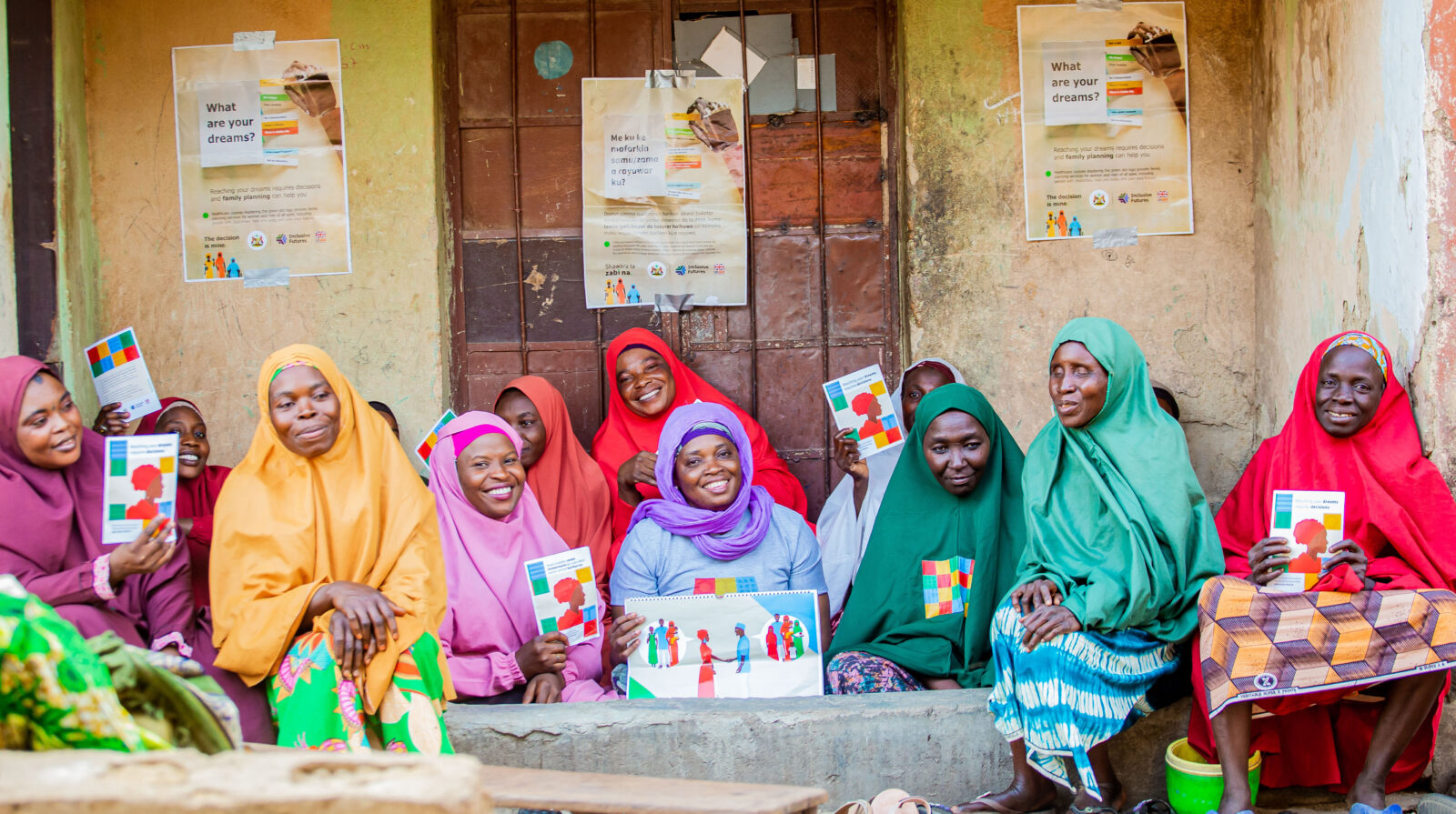

Many of the single men with disabilities we work with didn’t know they could go to the hospital and get condoms for free. They also now know that if they do not use contraception, especially condoms, they risk contracting sexually transmitted infections. There has been a huge improvement and we receive positive feedback from them every day.
Accessibility at health care facilities has also improved. Some of the facilities now have ramps and there are many changes underway. We have established good relationships with healthcare providers: they still contact us with questions, we do visits/checkups, and talk to people with disabilities about their experiences.
Putting women with disabilities in the driver’s seat
This project was able to have an impact because the people involved were the ones wearing the shoes. I used to know maybe one or two types of family planning, but now I know many. I can even tell people about it because even though I am not a service provider, I can talk to them because of the knowledge and training I have received. I can also train people on how to care for people with disabilities.
It was for the best that Nigeria’s national policy on sexual and reproductive health and rights for persons with disabilities was adopted by the Kaduna State government; With this policy, people with disabilities can claim their rights. It will encourage others to adhere to the policy and make people more committed to its implementation.
The implementation of the policy is ongoing, so the government must involve disability organizations. We play a monitoring role: when we notice a change in the community, or when the rights of people with disabilities are infringed, we have to follow up to ensure that implementation is maintained. Sightsavers has done a lot for people with disabilities, especially in this inclusive family planning project. The government has to take advantage of this and maintain what it has started to offer better conditions to people with disabilities.
What more can governments, donors and health partners do?
I have a message for them: In Kaduna State we have 255 facilities and it is a very large state with a population of about 10 million. We have a large number of people with disabilities: this project covered two local governments out of 23 and these were metropolitan local governments. We must also address medical health in some of our rural communities. I wish they would do more, reach more communities, more facilities, and train more healthcare providers so we can reach more people with disabilities. Governments should collaborate with non-governmental organizations like Sightsavers so we can close those gaps.
I want to thank Sightsavers for bringing the project to Kaduna. Even after the project ends, disability organizations will keep it going.






